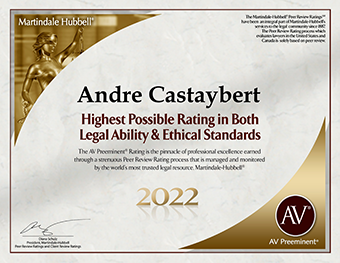November 28, 2023
The “Freelance Isn’t Free Act” was signed into law by New York Governor Kathy Hochul on November 22. The law, SB 5026, gives freelance workers the right to have written contracts and be paid within 30 days of providing freelance services. The legislation is expected to apply to over two million New York freelancers, who fit the definition of “freelance workers” prescribed in the Act as individuals or organizations of one person who provide services of $800 or more to one hiring party within a 120-day period. The legislation specifically excludes sales representatives, practicing attorneys, licensed medical professionals, and construction contractors from the definition of freelancers. Similar legislation has been in place in New York City since 2017.
The law, which will take effect in May of 2024, will require those who hire a freelancer to provide $800 worth of services or more to use a contract including, among other things, an itemization of all services to be provided by the freelancer, the value of the services to be provided pursuant to the contract, and the rate and method of compensation. Hiring parties who fail to adequately memorialize an arrangement with a freelancer could be subject to fines. The law will protect hiring parties from taking any “action that penalizes a freelance worker for, or is reasonably likely to deter a freelance worker from, exercising or attempting to exercise any right guaranteed under [the law], or from obtaining any future work opportunity because the freelance worker has done so.”
Freelance workers who wish to allege violations of the law may file a complaint with the Commissioner of Labor, who, following an investigation, may sue hiring parties, join claims from different freelancers against the same hiring party, or impose civil and criminal penalties. Individuals may also file civil actions. The bill further authorizes the State Attorney General to bring a civil action on behalf of the state and seek injunctive relief, civil penalties up to $25,000, and any other appropriate relief where reasonable cause exists to believe that a hiring party is engaged in a pattern or practice of violating the Act.
It is always a best practice for businesses that work with freelancers and independent contractors to employ written contracts. Businesses should not wait until enforcement of SB 5026 begins in May 2024 to codify their arrangements with workers, which is a key step in identifying any potential liability involved in those relationships.
To read how Castaybert PLLC can assist you with employment law matters, click here.







